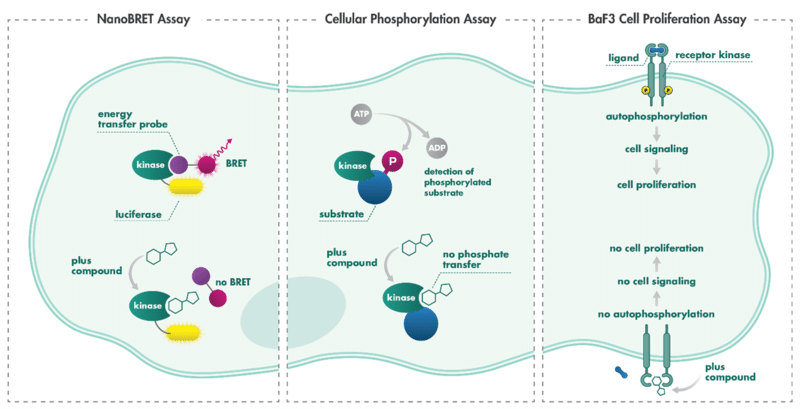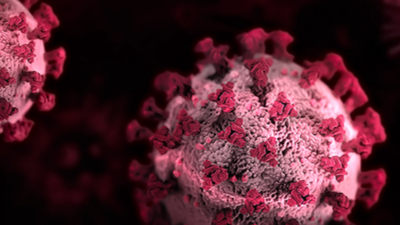by Reaction Biology | Jun 11, 2024 | Blog
The quest to develop new immunotherapeutic medicines relies heavily on effective preclinical research. Central to this research are in vivo animal tumor models with fully functional immune systems. Among these, syngeneic tumor models have emerged as powerful tools,...
by Reaction Biology | Jun 4, 2024 | Blog
Antibody-drug conjugates (ADCs) have emerged as a revolutionary approach to cancer therapy. These “smart bombs” combine the targeting power of monoclonal antibodies with the potent killing ability of cytotoxic drugs. Unlike traditional chemotherapy, which...
by Reaction Biology | May 30, 2024 | Blog
Protein kinases, the prolific signal transmitters of the cellular world, are more than just tiny molecular machines. With around 518 types identified in humans, they form one of the largest and most significant families of proteins, playing crucial roles in regulating...

by Reaction Biology | May 15, 2024 | Blog
Over 70% of cases of bladder cancer (BC) are initially diagnosed at non-muscle-invasive stages (NIMBC). These are typically managed through local treatments like intravesical instillation. Therefore, subcutaneous models may not be applicable for research in NMIBC....

by John Hewitt | May 11, 2022 | Blog
Reaction’s Assay Formats The NanoBRET Intracellular Target Engagement Assay technology enables the investigation of compound-target engagement (or binding) in the physiological environment of intact cells. NanoBRET is an energy transfer technique designed to measure...

by John Hewitt | May 12, 2021 | Blog
Repurposing of kinase inhibitors to target SARS-CoV-2 In the face of proliferating viral variants which up the ante for vetting precise drug interactions, already approved small molecule kinase inhibitors showing efficacy against SARS-CoV-2 symptoms and sequelae are...


